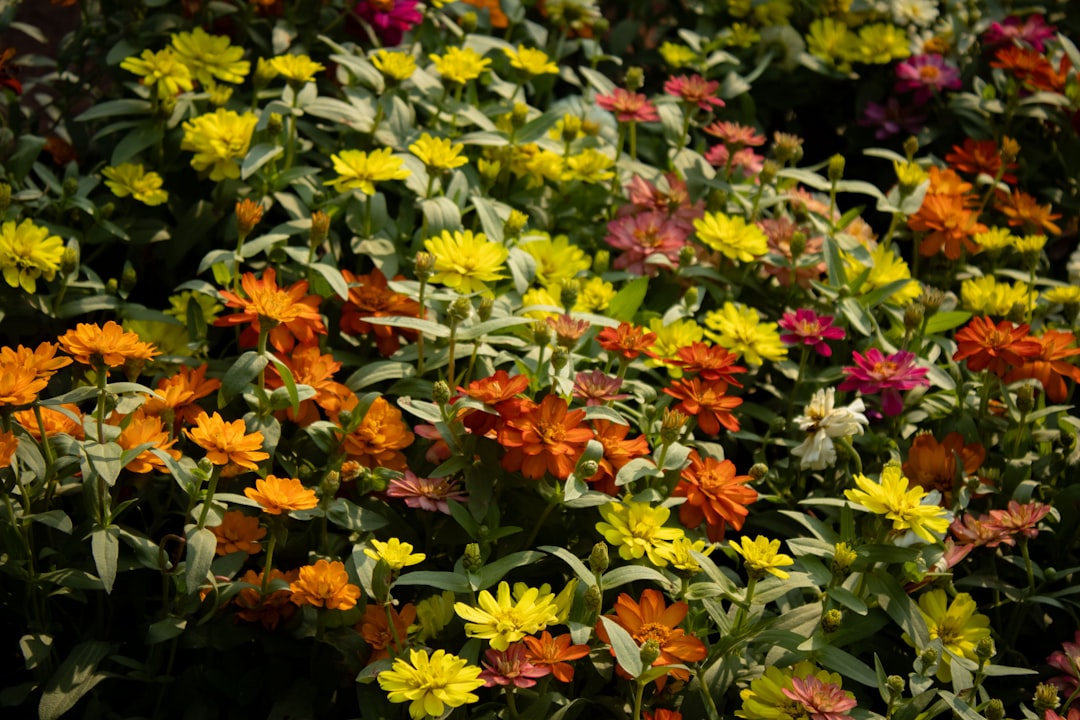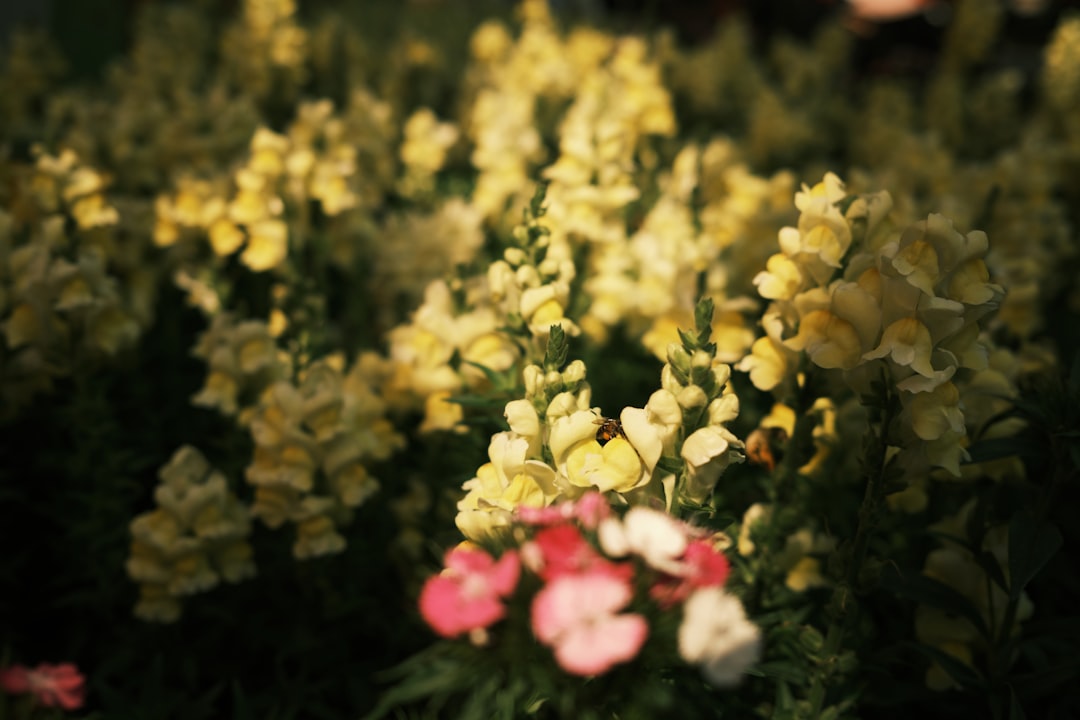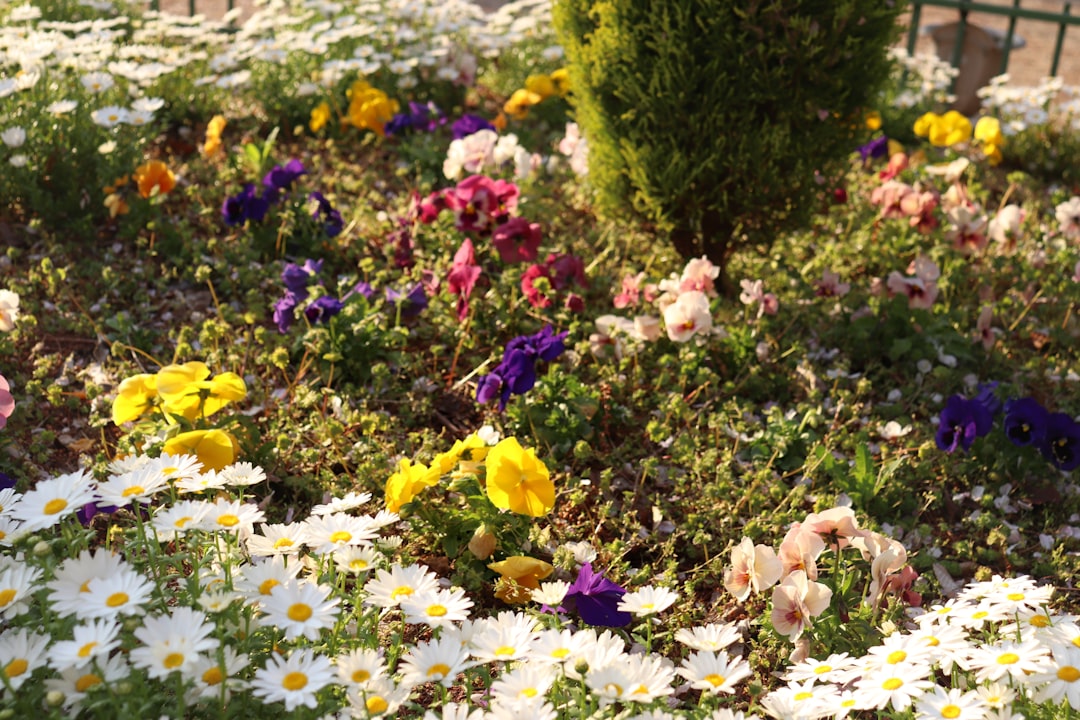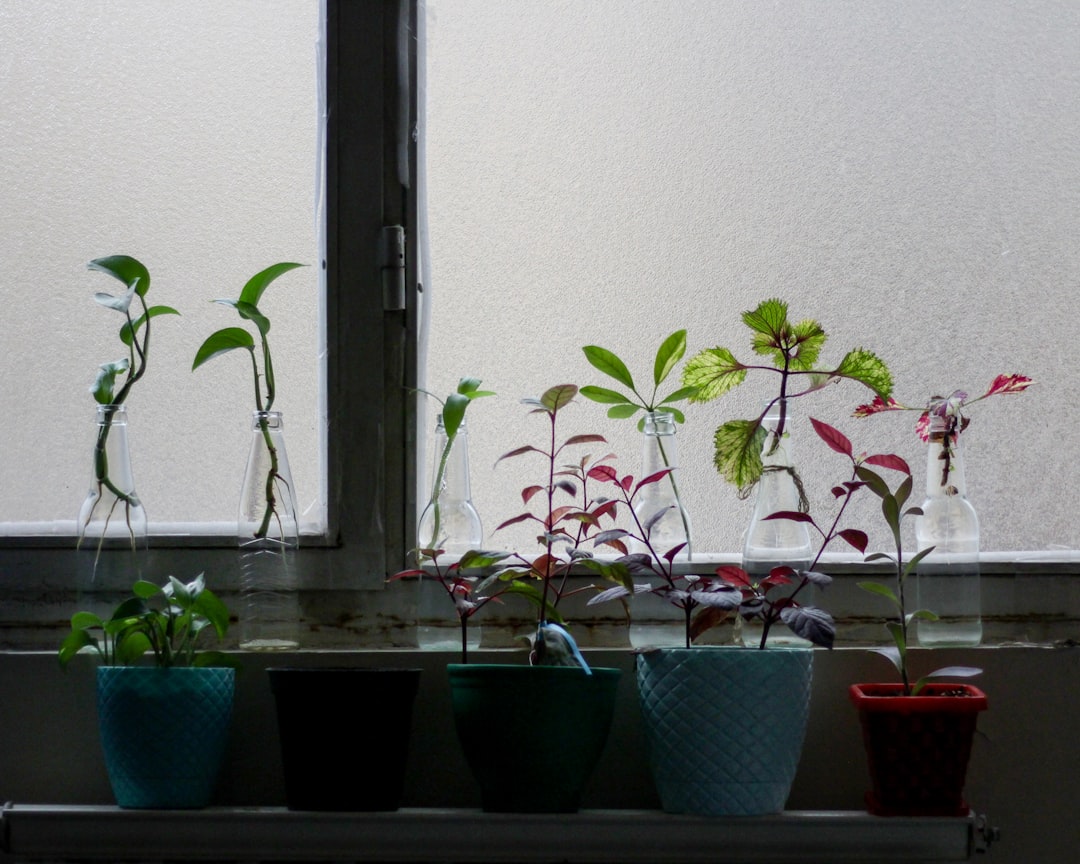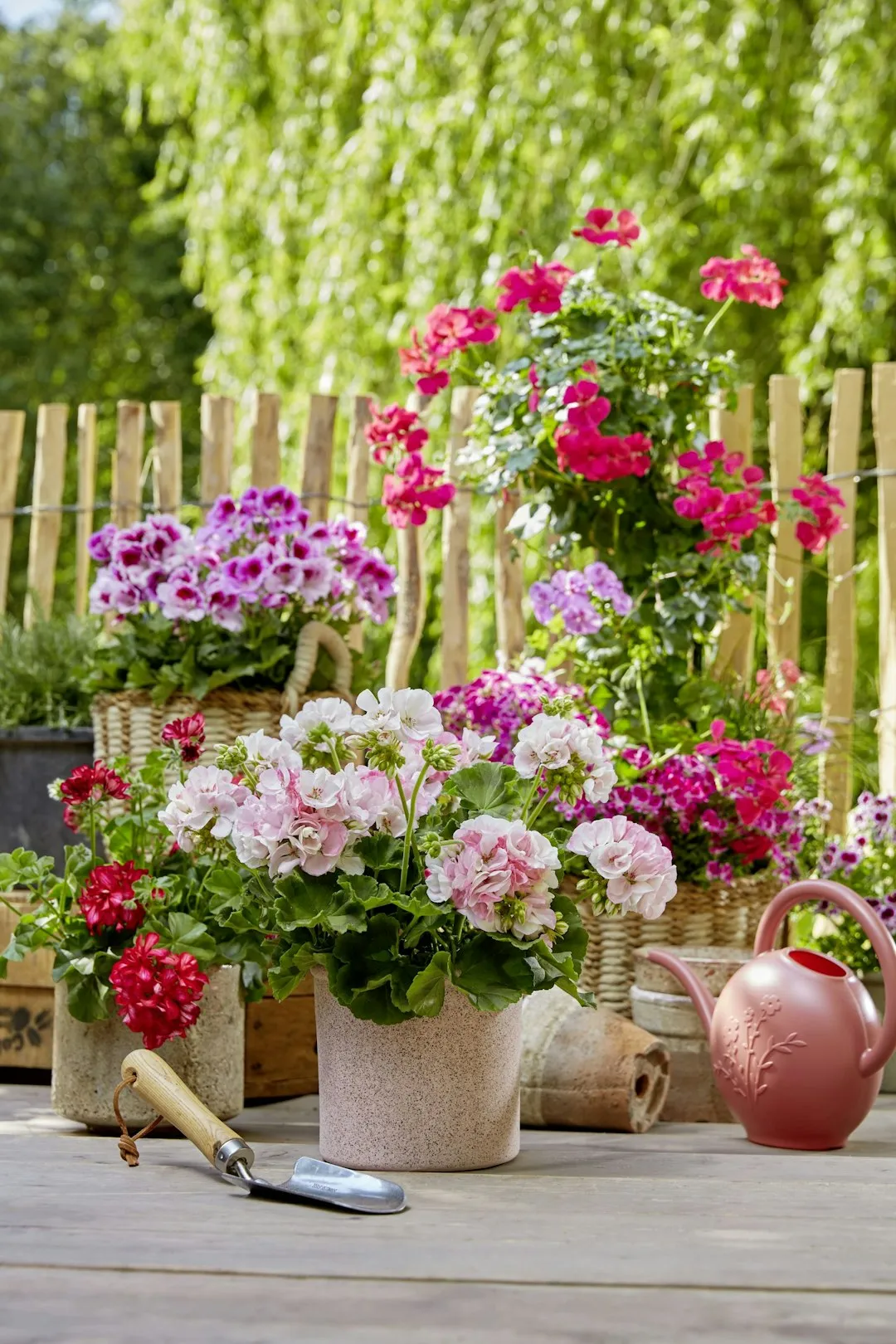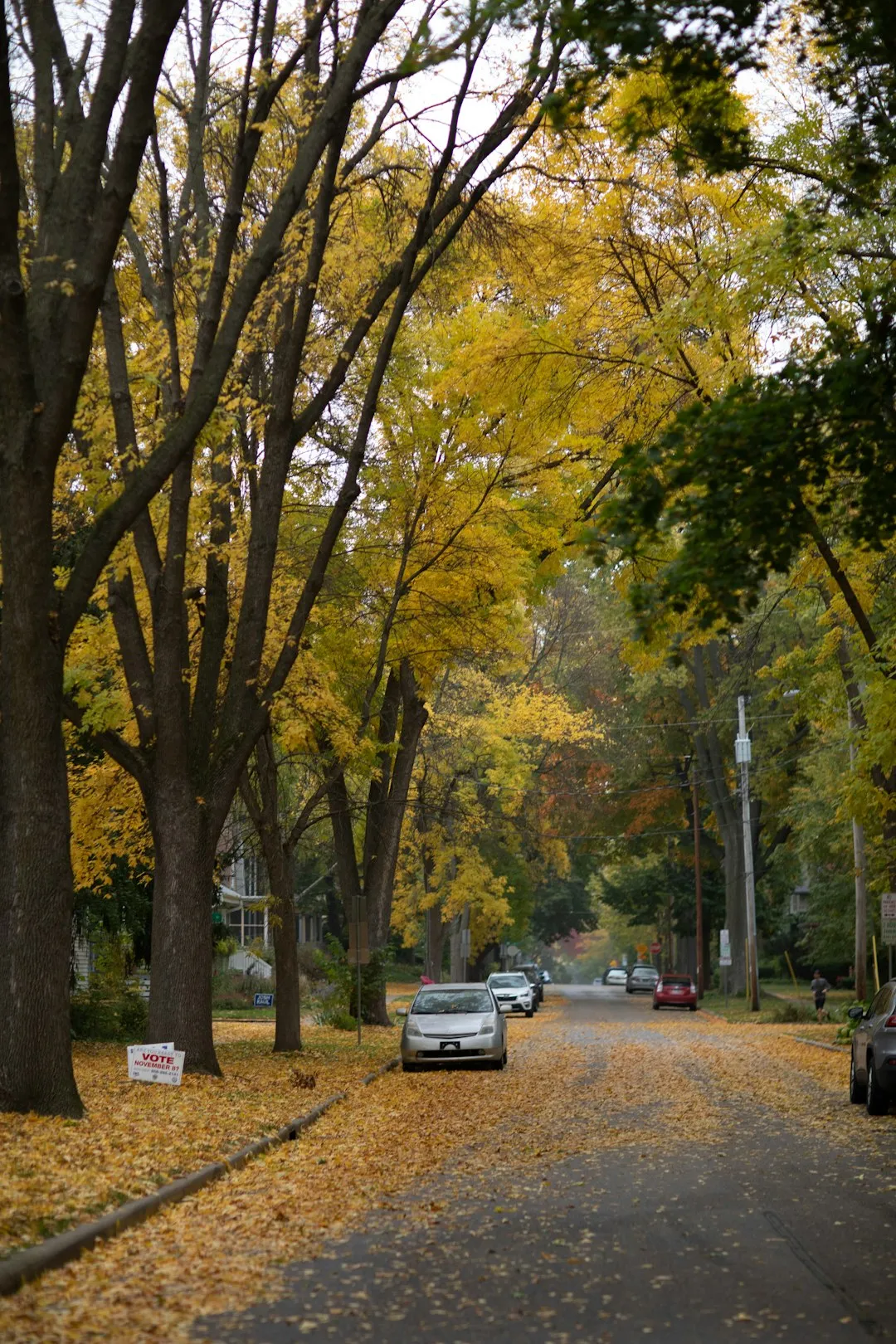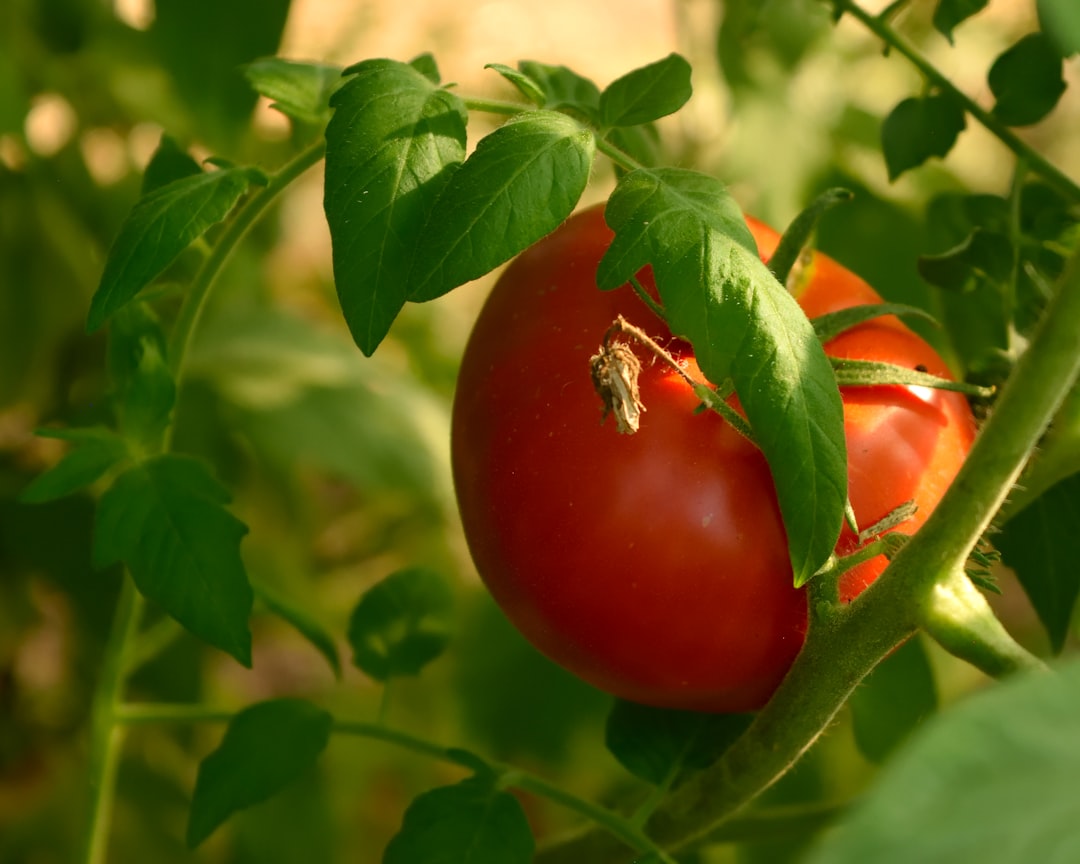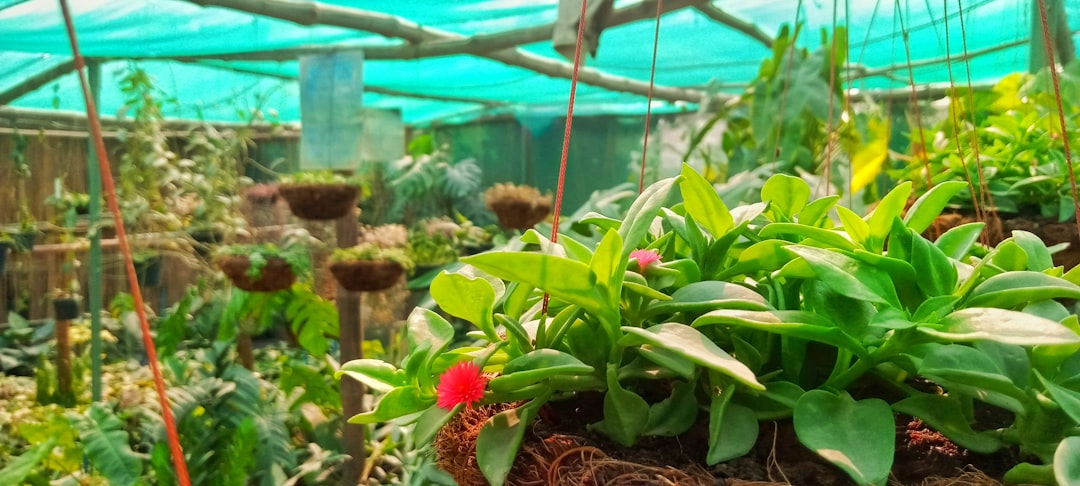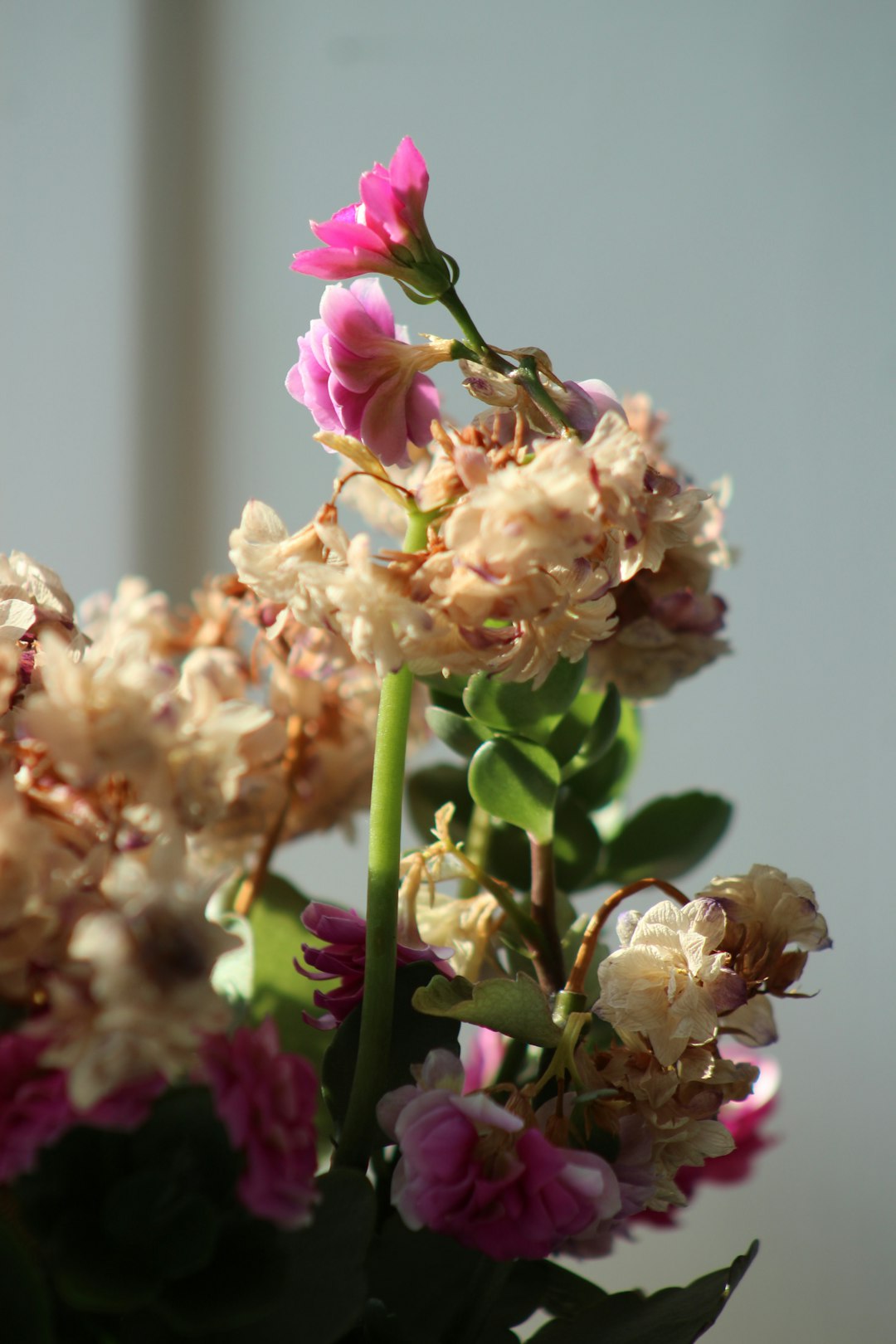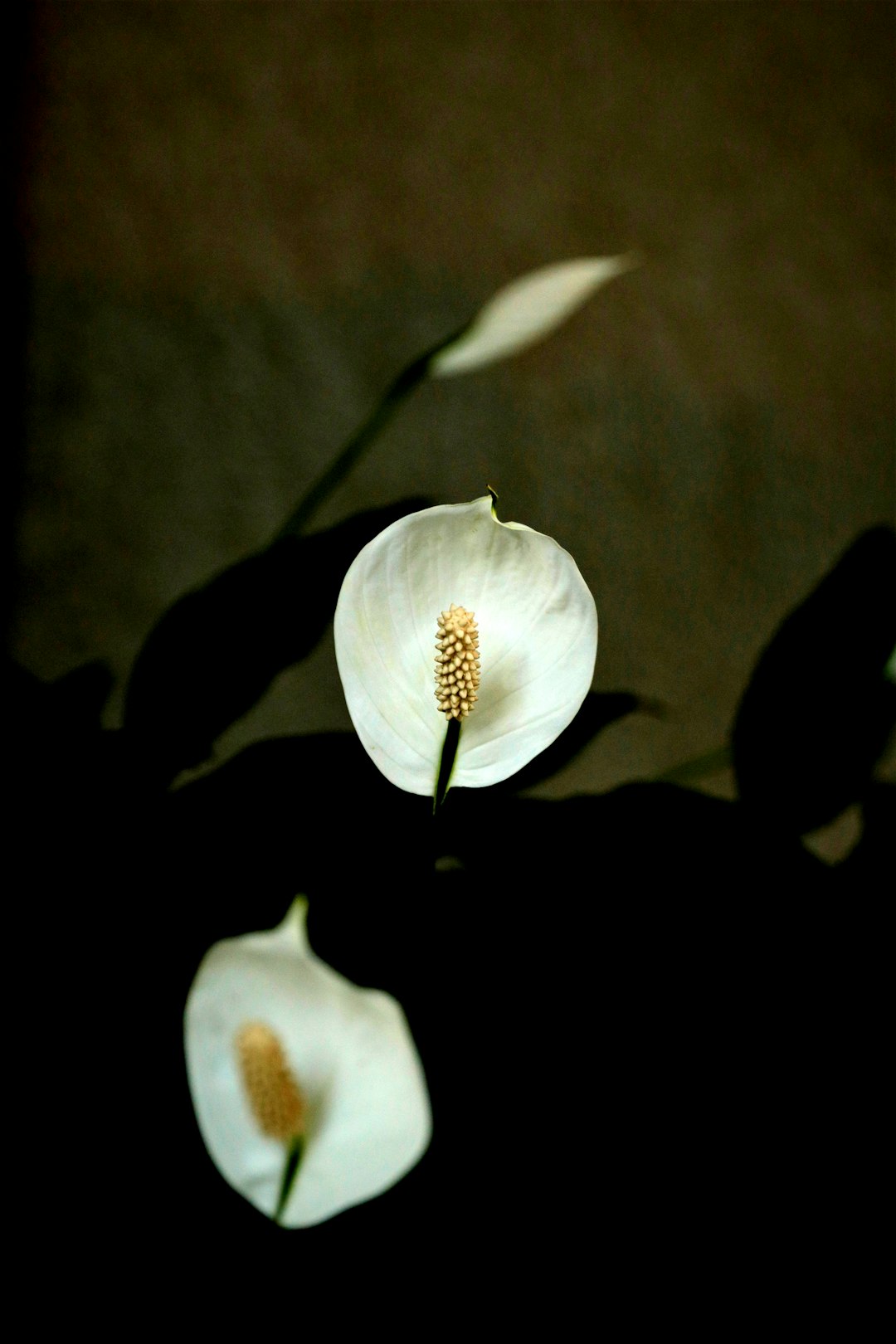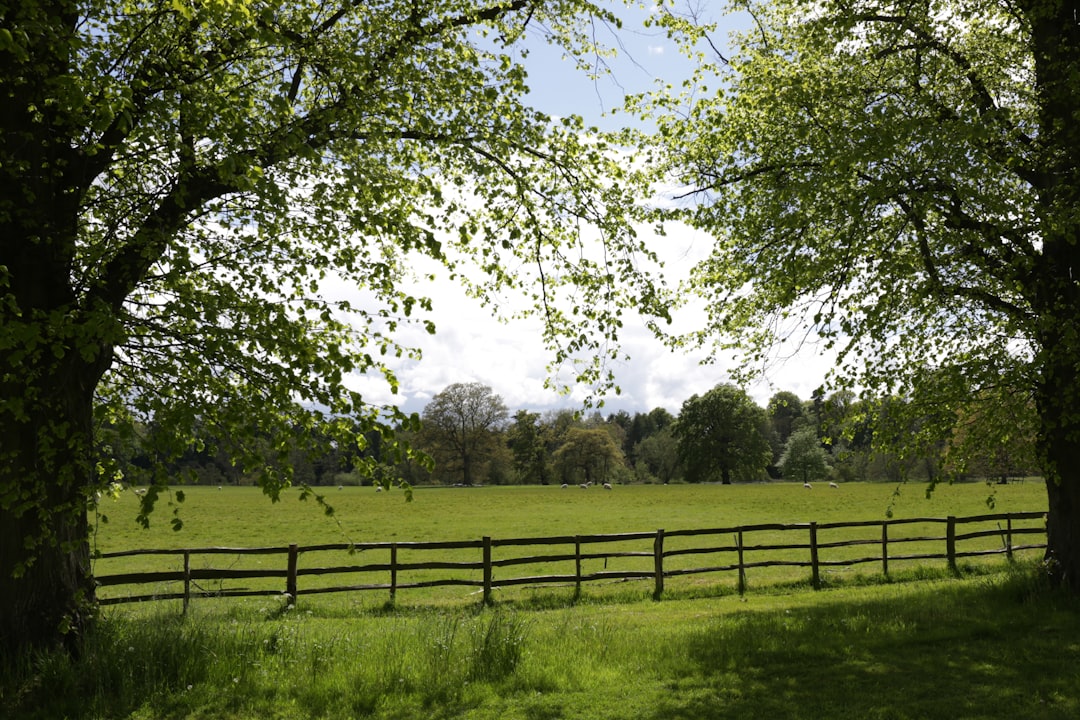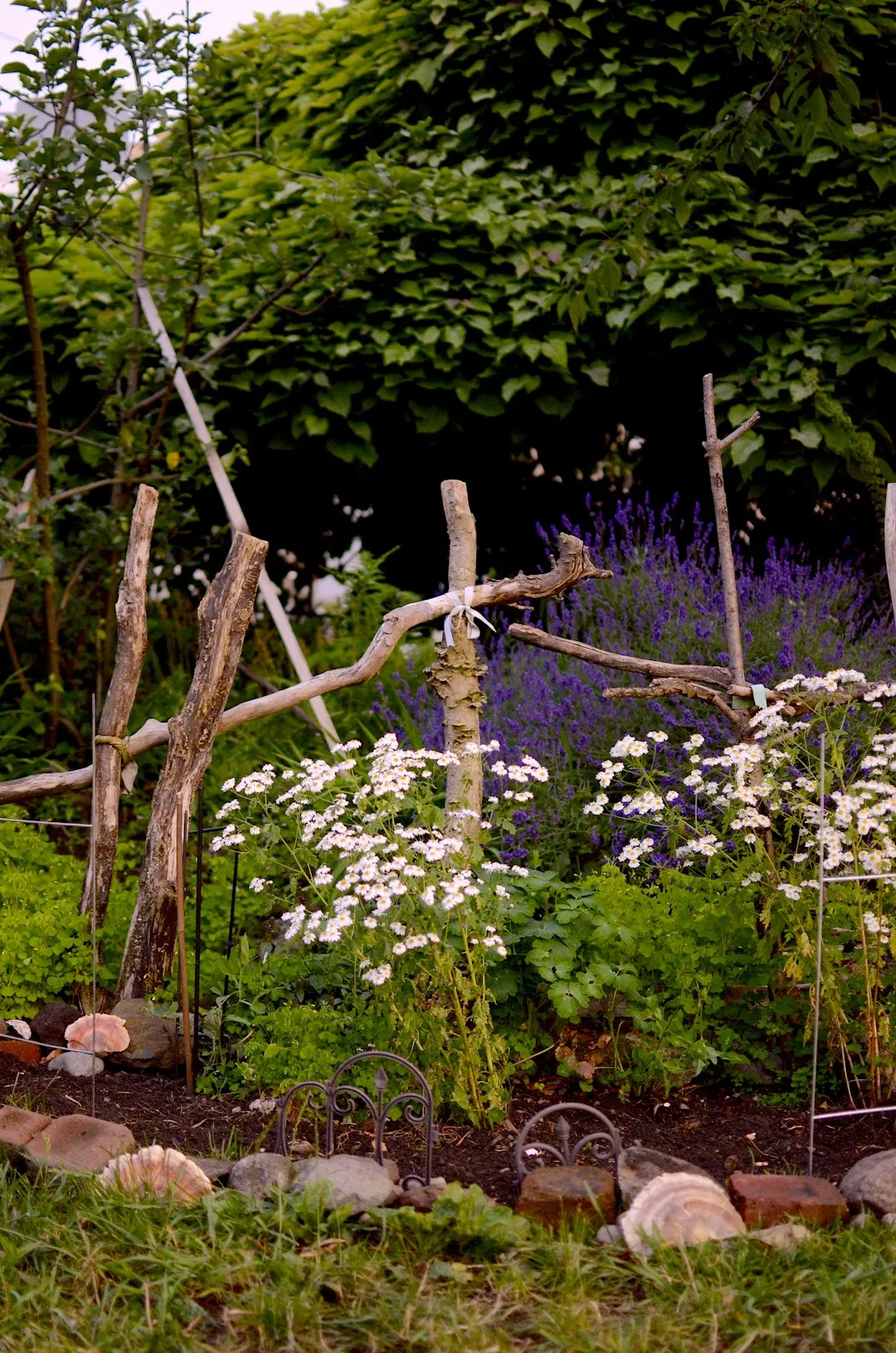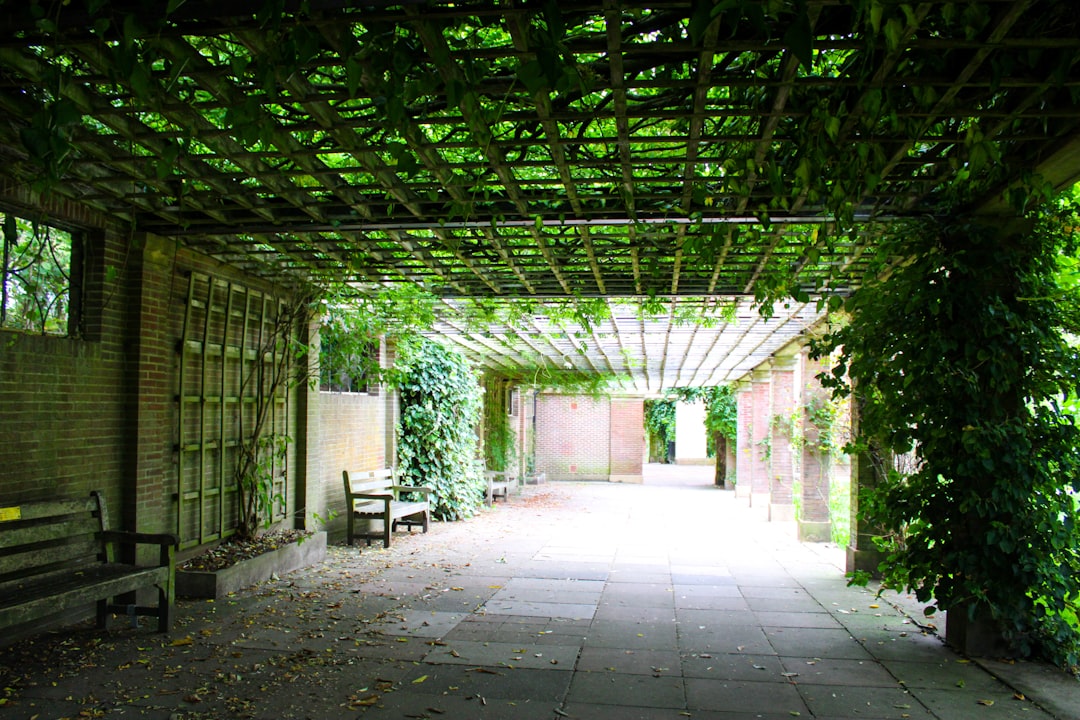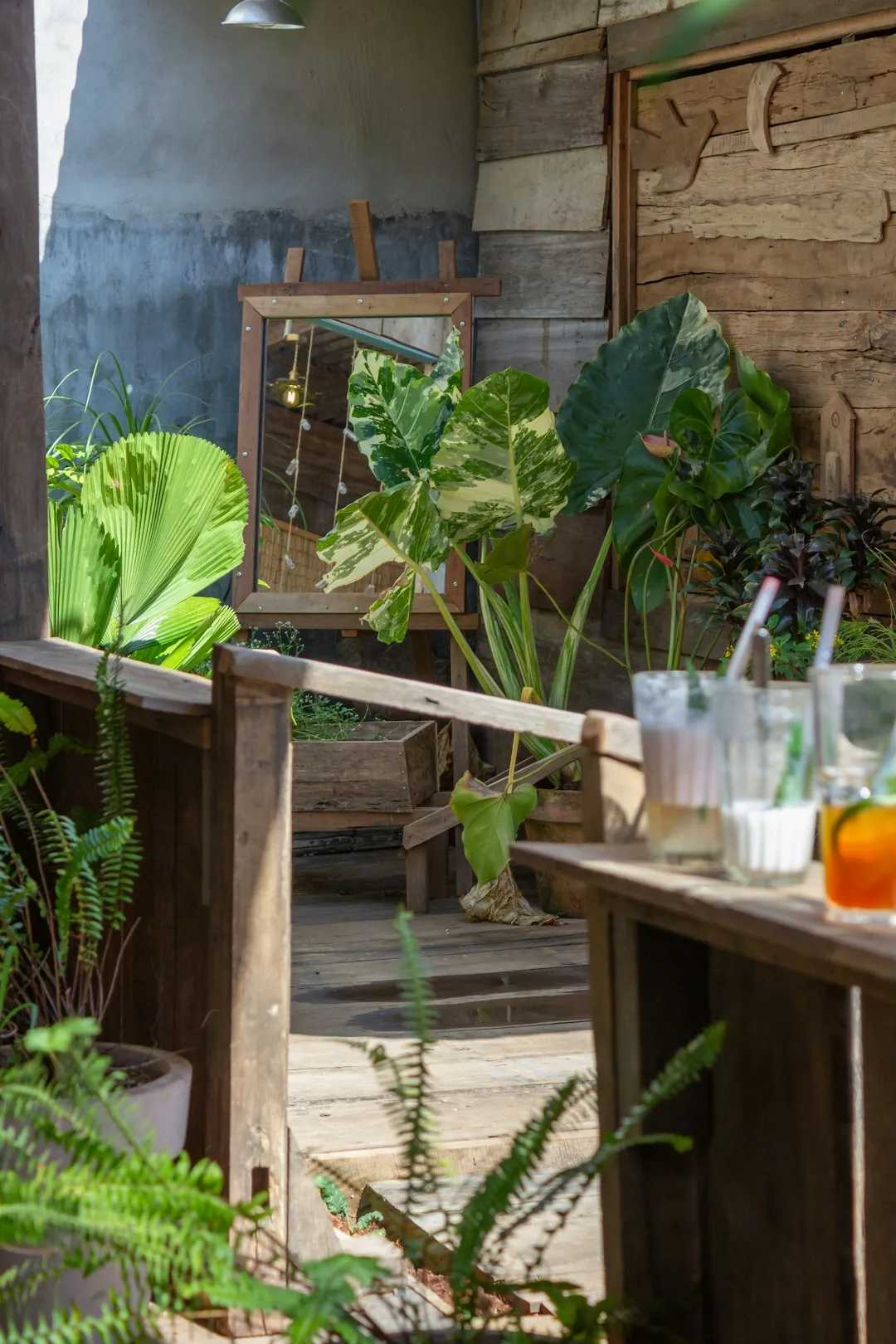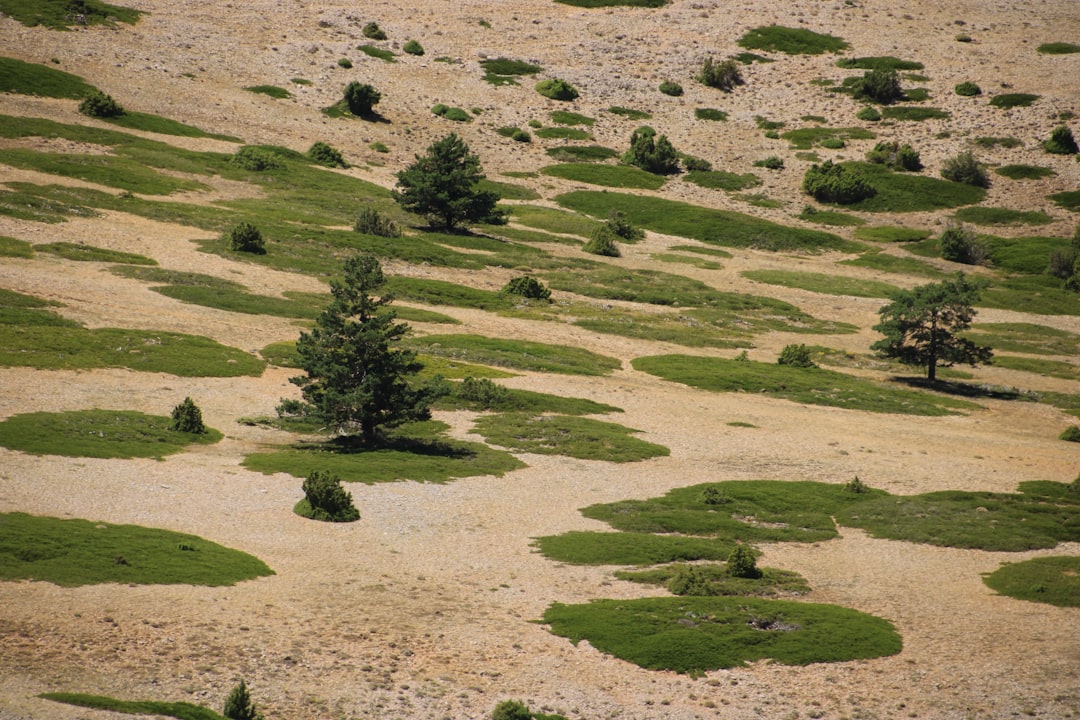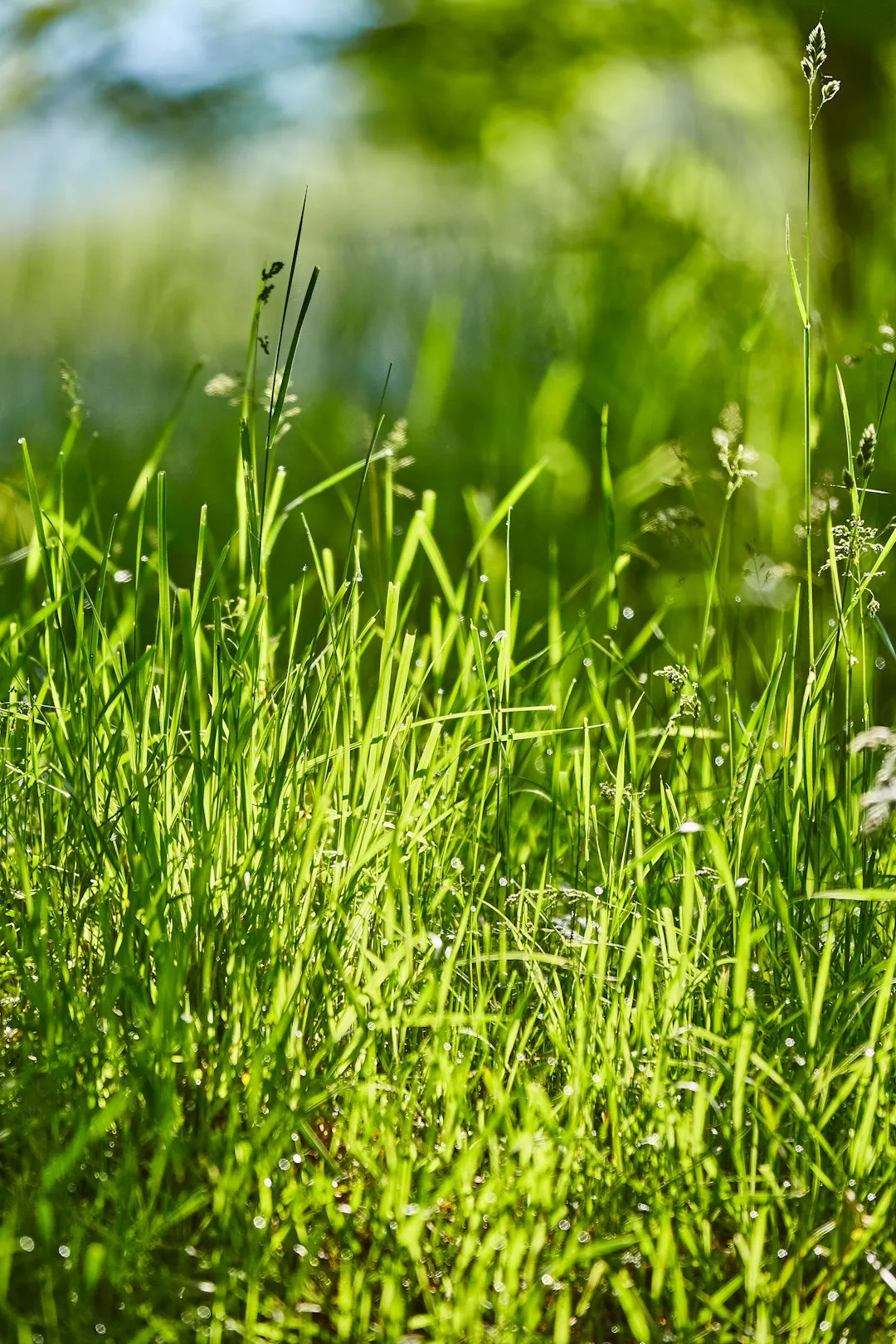
As the seasons change and the cold of winter approaches, many gardeners might think that it's time to put their tools away and wait for the warmth of spring. However, this is actually the perfect time to start preparing your garden soil for the upcoming growing season. By adding the right mix of minerals, compost, and mulch now, you'll be rewarded with super - fertile soil come spring.
Let's first understand the importance of minerals in your garden soil. Minerals are the building blocks of healthy soil. They provide essential nutrients for plants, such as nitrogen, phosphorus, and potassium. Nitrogen is crucial for leafy growth, phosphorus promotes strong root development and flower production, and potassium helps plants resist diseases and stress. You can find mineral - rich amendments at your local garden center. For example, bone meal is a great source of phosphorus, while greensand can add potassium and other trace minerals to the soil. When adding minerals, it's important to follow the recommended application rates on the product packaging. Over - application can lead to nutrient imbalances and may harm your plants.
Compost is another vital component of fertile soil. It is essentially decomposed organic matter, such as leaves, grass clippings, and kitchen scraps. Compost improves soil structure, making it easier for plant roots to penetrate and access water and nutrients. It also helps retain moisture in the soil, reducing the need for frequent watering. Making your own compost is a cost - effective and environmentally friendly option. You can start a compost pile in your backyard by layering green materials (like fresh grass clippings and vegetable scraps) and brown materials (such as dry leaves and shredded newspaper). Turn the pile regularly to speed up the decomposition process. If you don't have the time or space to make your own compost, you can purchase high - quality compost from a garden store. Spread a layer of compost over your garden beds and gently work it into the top few inches of soil.
Mulch is like a protective blanket for your soil. It helps regulate soil temperature, keeping it cooler in the summer and warmer in the winter. Mulch also suppresses weed growth, reducing competition for nutrients and water. There are many types of mulch available, including wood chips, straw, and shredded bark. Organic mulches, like wood chips, will gradually break down and add more organic matter to the soil. When applying mulch, make sure to spread it evenly around your plants, leaving a small gap around the stems to prevent moisture - related diseases. A layer of 2 - 3 inches of mulch is usually sufficient.
Preparing your garden soil in the fall also has long - term benefits. It allows the amendments to break down and integrate with the soil over the winter months. This gives your plants a head start in the spring, as they will have access to a rich and balanced supply of nutrients right from the start. Additionally, well - prepared soil is more resilient to pests and diseases. Healthy plants growing in fertile soil are better able to defend themselves against common garden problems.
When it comes to caring for your yard, proper soil preparation is the foundation of a successful garden. Whether you're growing flowers, vegetables, or herbs, investing time and effort in soil preparation now will pay off in the form of lush, healthy plants come spring. So, grab your gardening gloves and get started on creating super - fertile soil for your yard today. Remember, a little work in the fall can lead to a bountiful harvest and a beautiful garden in the spring.
To ensure that you're on the right track, you can also test your soil. Soil testing kits are available at most garden centers. These kits can tell you the pH level of your soil and the levels of various nutrients. Based on the test results, you can adjust the amount of minerals, compost, and mulch you add to your soil. For example, if your soil is too acidic, you can add lime to raise the pH level. If it's lacking in nitrogen, you can choose a nitrogen - rich fertilizer or add more compost.
In conclusion, taking the time to add the right mix of minerals, compost, and mulch to your garden soil now is a smart investment. It will not only result in super - fertile soil in the spring but also contribute to the overall health and beauty of your yard. So, don't let the approaching winter discourage you from gardening. Instead, use this time to prepare your soil and look forward to a thriving garden in the months to come.

